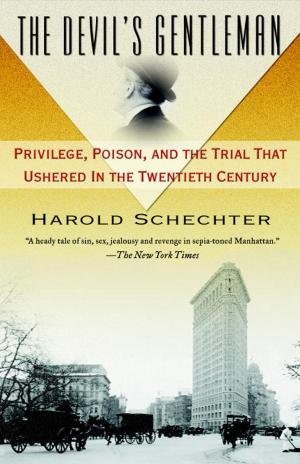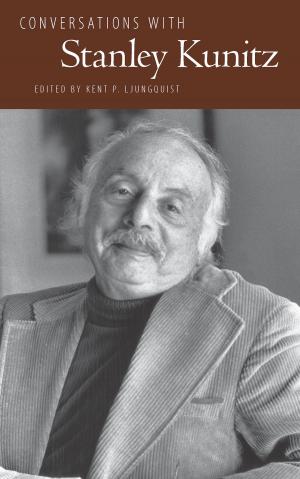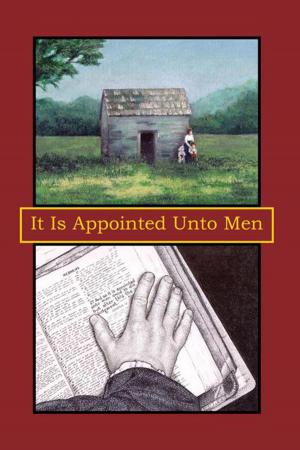Two Steps From Glory
Nonfiction, Social & Cultural Studies, Social Science, Discrimination & Race Relations, History, Military, World War II, Biography & Memoir| Author: | Major Welton I. Taylor | ISBN: | 9780983867739 |
| Publisher: | Winning Strategy Press | Publication: | March 28, 2012 |
| Imprint: | Winning Strategy Press | Language: | English |
| Author: | Major Welton I. Taylor |
| ISBN: | 9780983867739 |
| Publisher: | Winning Strategy Press |
| Publication: | March 28, 2012 |
| Imprint: | Winning Strategy Press |
| Language: | English |
African Americans enlisted by the hundreds of thousands during World War II, swelling the ranks of the U.S. military by more than a million strong. And as they had in every U.S. war from the Revolutionary War on, blacks signed up with two goals in mind: to fight for the country they loved and to earn, on the battlefield, the respect theyd been so long denied at home. Lieutenant Welton I. Taylor, a lanky kid from the South Side of Chicago, was no different. Trained as a liaison pilot for the Army Field Artillery, he longed to defend his country by directing hailstorms of 155mm howitzer shells onto enemy positions. But the U.S. Army had other plans. It believed blacks were ill-suited for combat and relegated most black units to labor battalions or the Quartermaster Corps. Deployed to the South Pacific with the all-black 93rd Division, Lieutenant Taylor faced the enemy and the segregated U.S. Army too, but did as his father had taught him: he played the hand he was dealt. In the process, Taylor outsmarted both the Jim Crow Army and the enemy and proved that race is a poor yardstick by which to judge a man. Two Steps From Glory is his story and that of so many more.
African Americans enlisted by the hundreds of thousands during World War II, swelling the ranks of the U.S. military by more than a million strong. And as they had in every U.S. war from the Revolutionary War on, blacks signed up with two goals in mind: to fight for the country they loved and to earn, on the battlefield, the respect theyd been so long denied at home. Lieutenant Welton I. Taylor, a lanky kid from the South Side of Chicago, was no different. Trained as a liaison pilot for the Army Field Artillery, he longed to defend his country by directing hailstorms of 155mm howitzer shells onto enemy positions. But the U.S. Army had other plans. It believed blacks were ill-suited for combat and relegated most black units to labor battalions or the Quartermaster Corps. Deployed to the South Pacific with the all-black 93rd Division, Lieutenant Taylor faced the enemy and the segregated U.S. Army too, but did as his father had taught him: he played the hand he was dealt. In the process, Taylor outsmarted both the Jim Crow Army and the enemy and proved that race is a poor yardstick by which to judge a man. Two Steps From Glory is his story and that of so many more.















